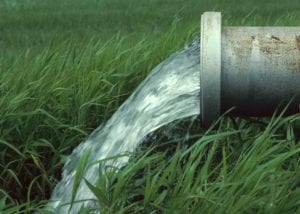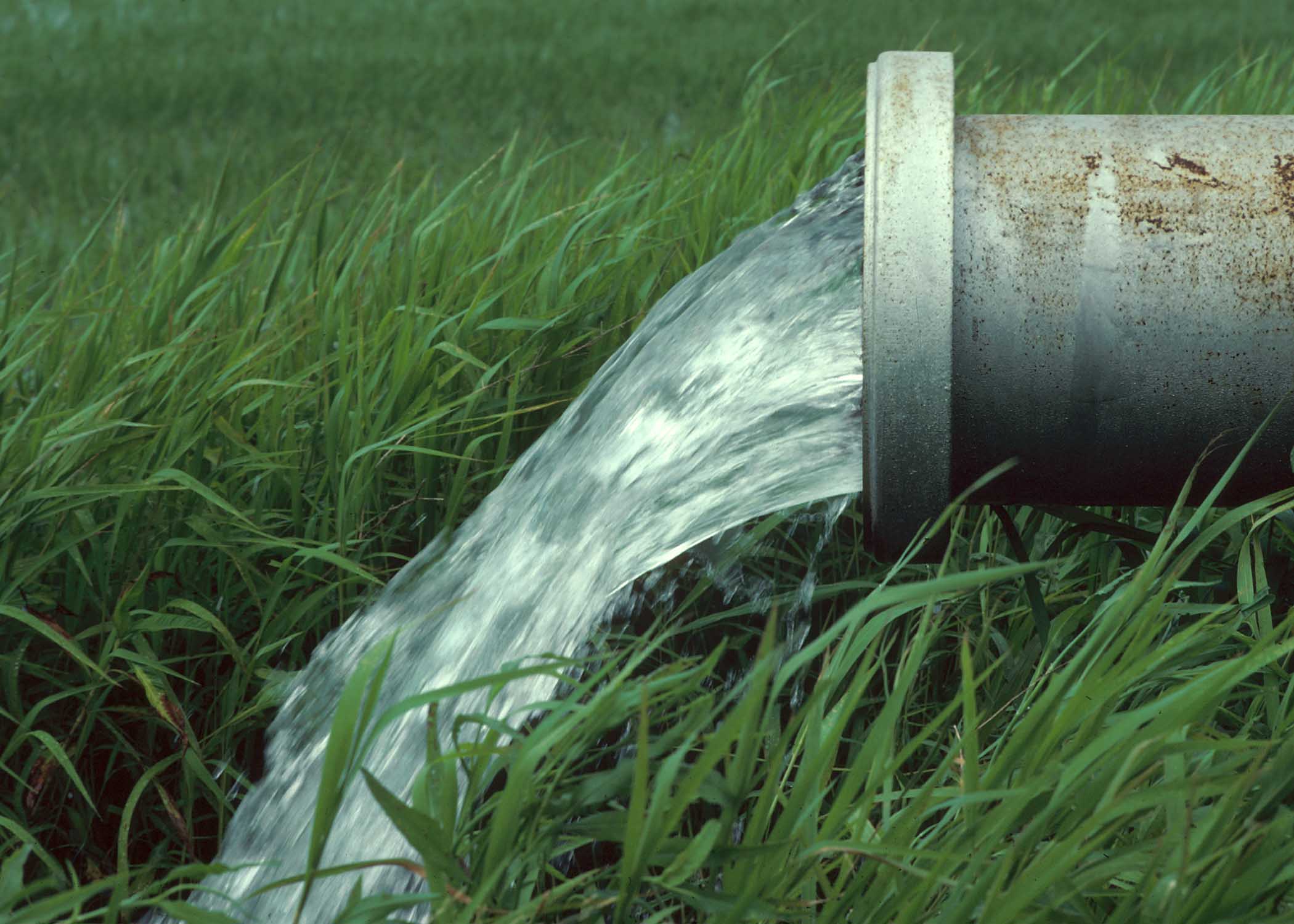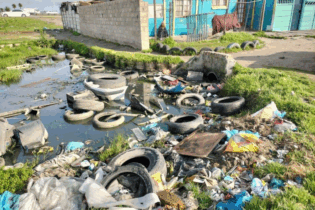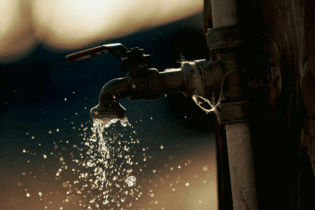“Phase 1 which is estimated at R8 million focuses on repairs and rehabilitation of the open channel which services Region F, city and suburban,” she said. “It extends from Main Street passing through Selby and Ophirton and ends on Lake Street.
“Repairs have been undertaken on the canal linings, rehabilitation of sinkholes, sludge and vegetation removal and gabion works,” she added. “Multiple defects were reported as part of initial site inspection, which required the scope of work to be divided into three phases. Makhuba explained that Phase 2 of the structural repairs has been scheduled for the 2017/2018 financial year with a capital expenditure budget of approximately R5 million. “This phase will focus on the six-month repair of the underground channel which will require a high level of safety due to the nature of trapped gases from the waste water in the lower lying structure,” she said. “JRA is in the process of appointing contractors for this phase.” She said Phase 1 included the removal of a number of trees that severely damaged the canal lining. Three major sinkholes exceeding 2m in length and two minor sinkholes were also repaired. Missing sewer manhole covers were replaced and deteriorated linings and eroded concrete floors were reconstructed. Gabions were also installed to prevent further soil erosion. As part of the Expanded Public Works Programme (EPWP), 40 local labourers were employed for the duration of the project. Four emerging sub-contractors from the local community were also hired. Makhuba said that as we celebrate Environment Month this June, it is important for South Africans to understand the impact of waste water and greenhouse gases on the environment. “The importance of systemic adaptation to climate change must be emphasised in ensuring the preparedness of the city’s infrastructure towards safe, resilient and sustainable human settlements,” she said. “The structural rehabilitation of Robinson Canal ensures sustainable management of stormwater with risk mitigation measures in place to reduce impact and harm to biodiversity and the surrounding community.” Makhuba added that the city was focused on building and preserving our stormwater infrastructure and ensuring sustainable industrialisation through education and transformation processes that align to lower carbon emissions, safe disposal of grey water and industrial waste water.
One of Johannesburg’s oldest canals recently underwent an R8 million upgrade as part of the city’s repair and rehabilitation of stormwater drainage systems portfolio.
The Robinson Canal upgrade was undertaken by the Johannesburg Roads Agency (JRA), which saw the rehabilitation of 2.65km of canal in an effort to minimise urban and residential flooding.
Effective stormwater management helps reduce urban and residential flooding which has become more important as the impacts of climate change have caused flash flooding in urban areas in cities like Johannesburg and Cape Town in recent months.
In addition to destroying housing and threatening people’s lives, flash floods also result in increased water volumes that have a negative impact on already aging stormwater infrastructure.
The JRA said the repairs to Robinson Canal were prioritised due to the increased risk of water contamination from grey water and industrial waste water that contains high toxicity levels which are harmful to humans and the environment.
“When waste water containing high levels of chemicals is not properly managed, it not only has a destructive effect on the walls of the canal but also releases harmful gases into the atmosphere, endangering the local habitat with increased carbon emissions,” the JRA said.
The project has been divided into three phases: Phase 1 of the structural improvements is 65% complete and is expected to be completed at the end of June 2017.
Mayco member for transport Nonhlanhla Makhuba said a systematic approach was adopted when carrying out the repairs and rehabilitation of the Robinson Canal.








